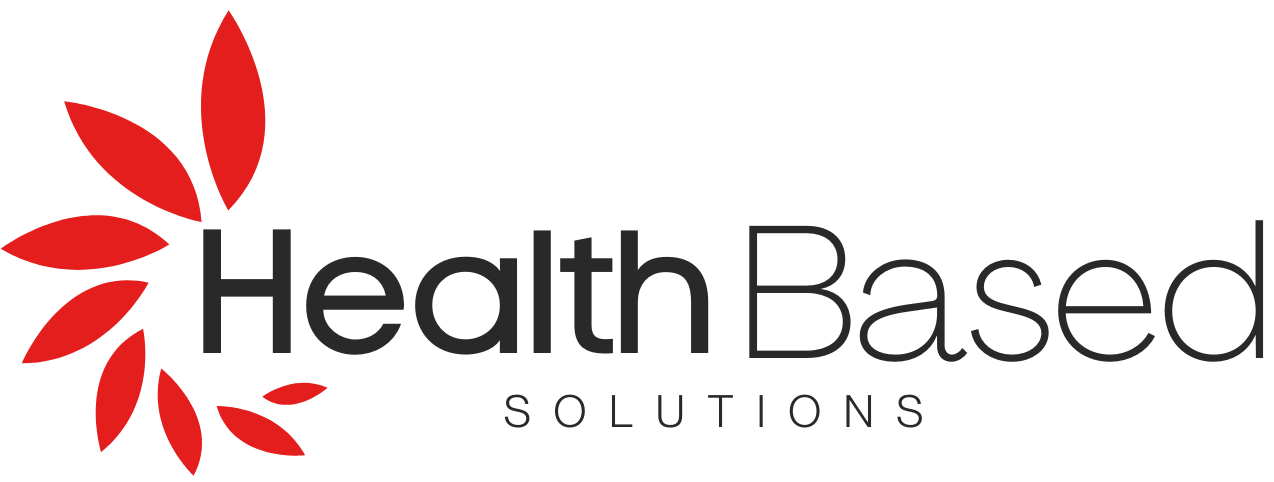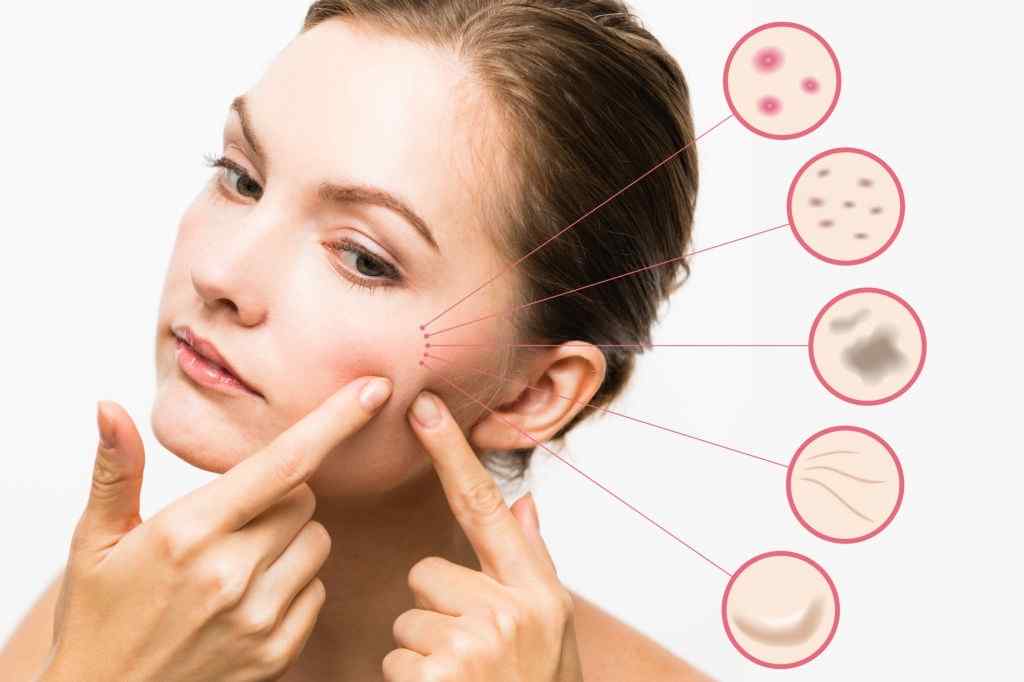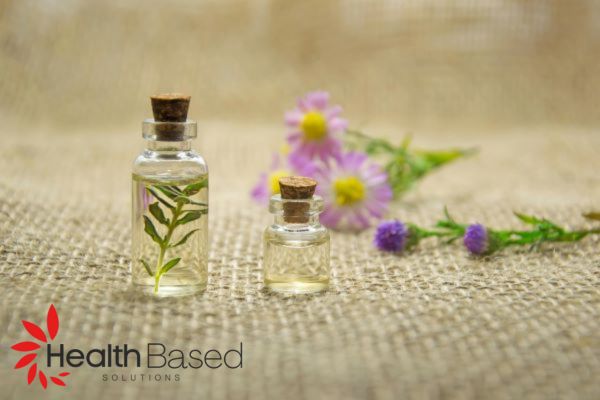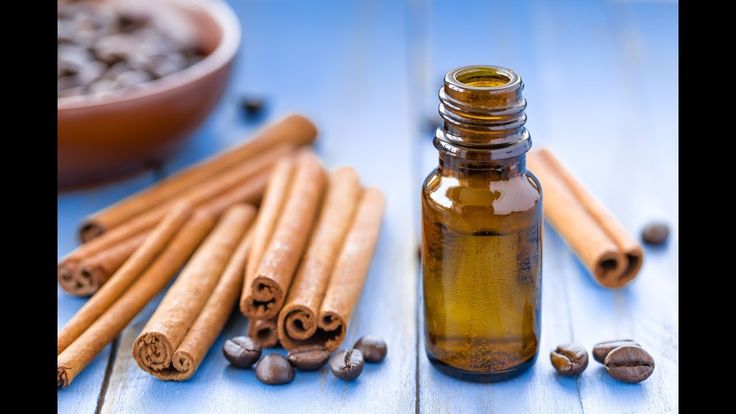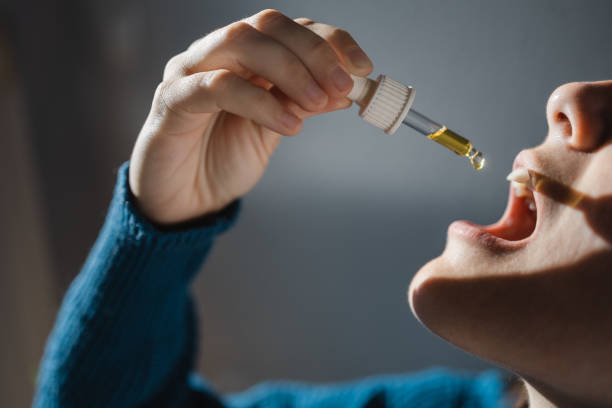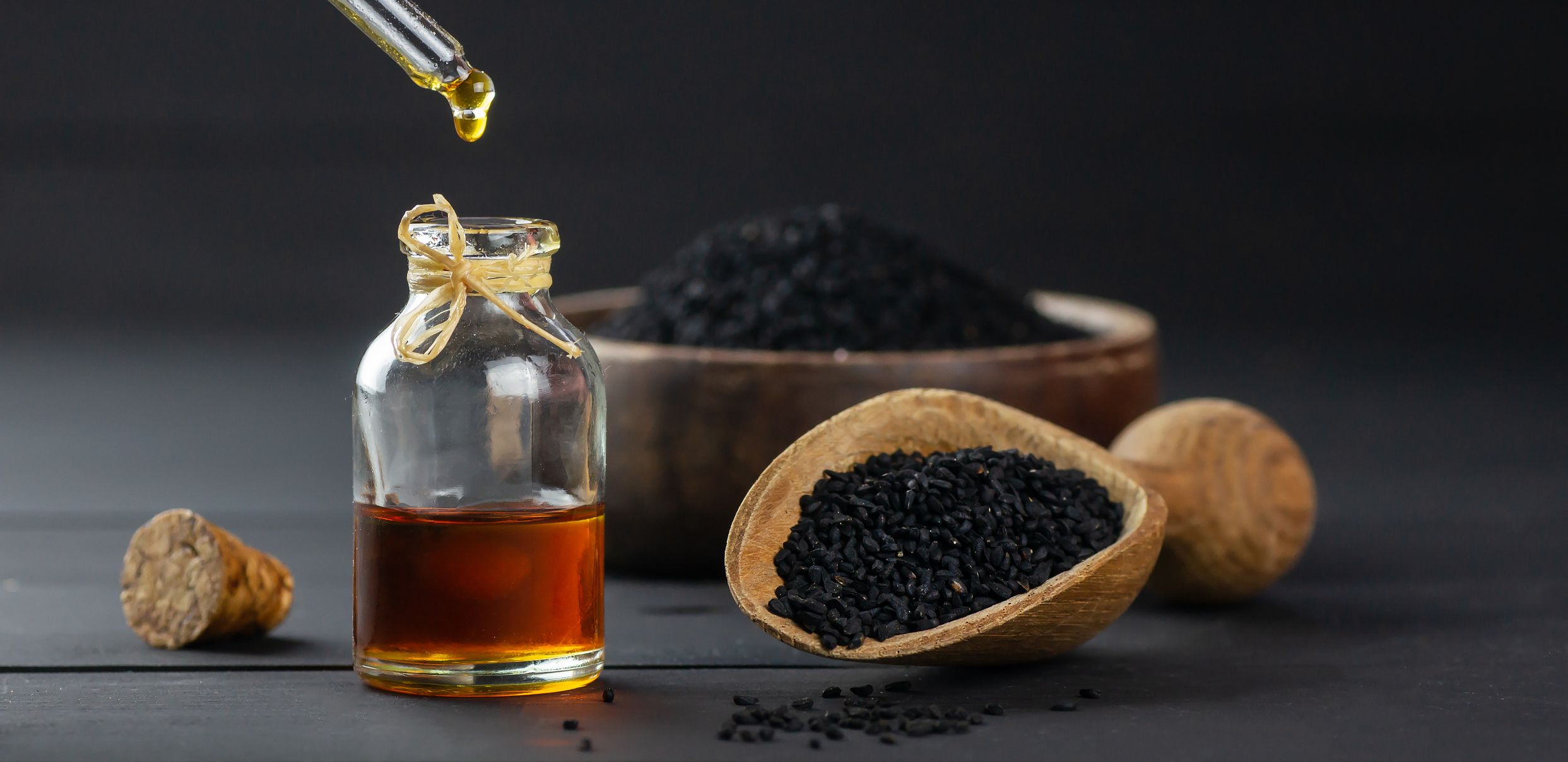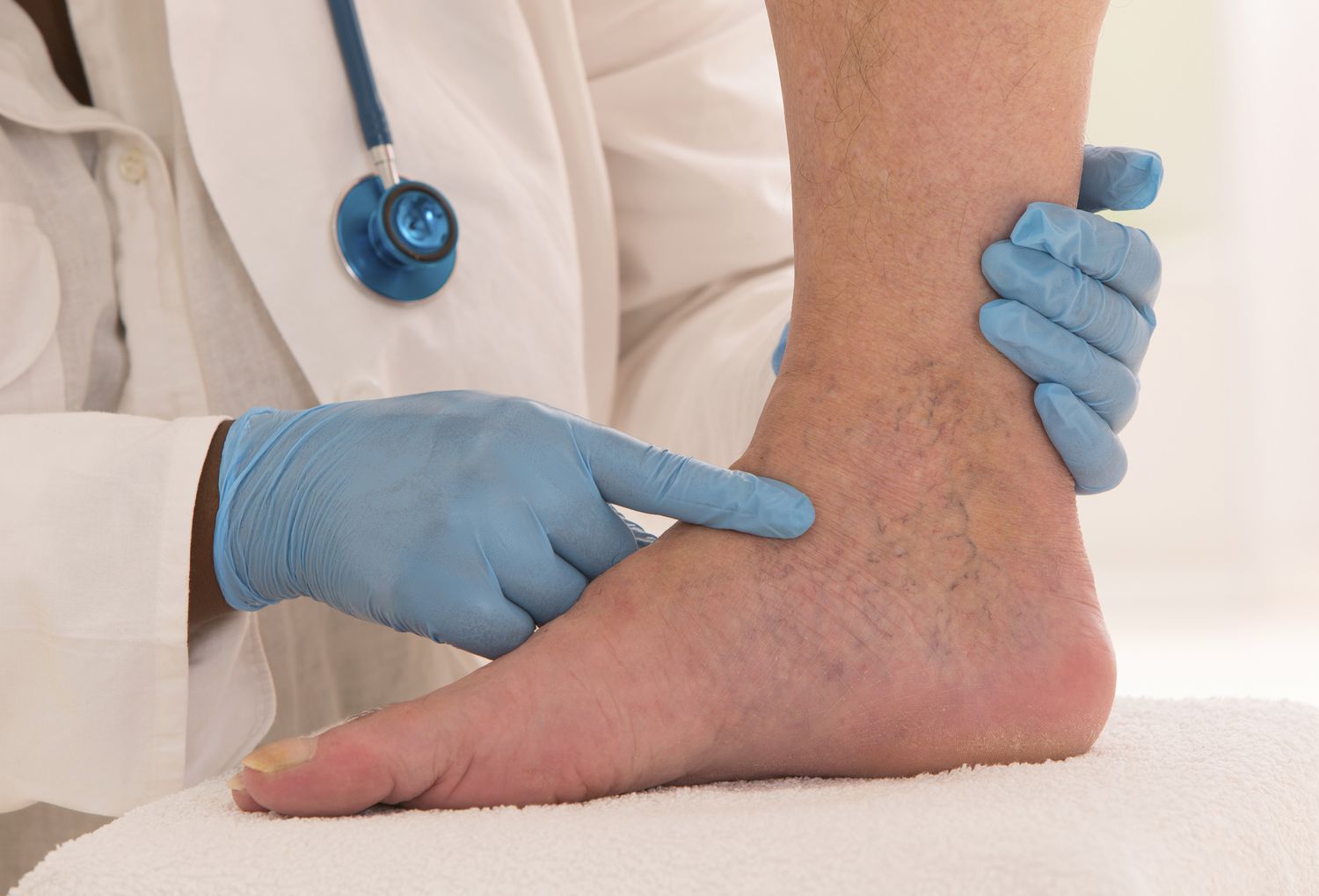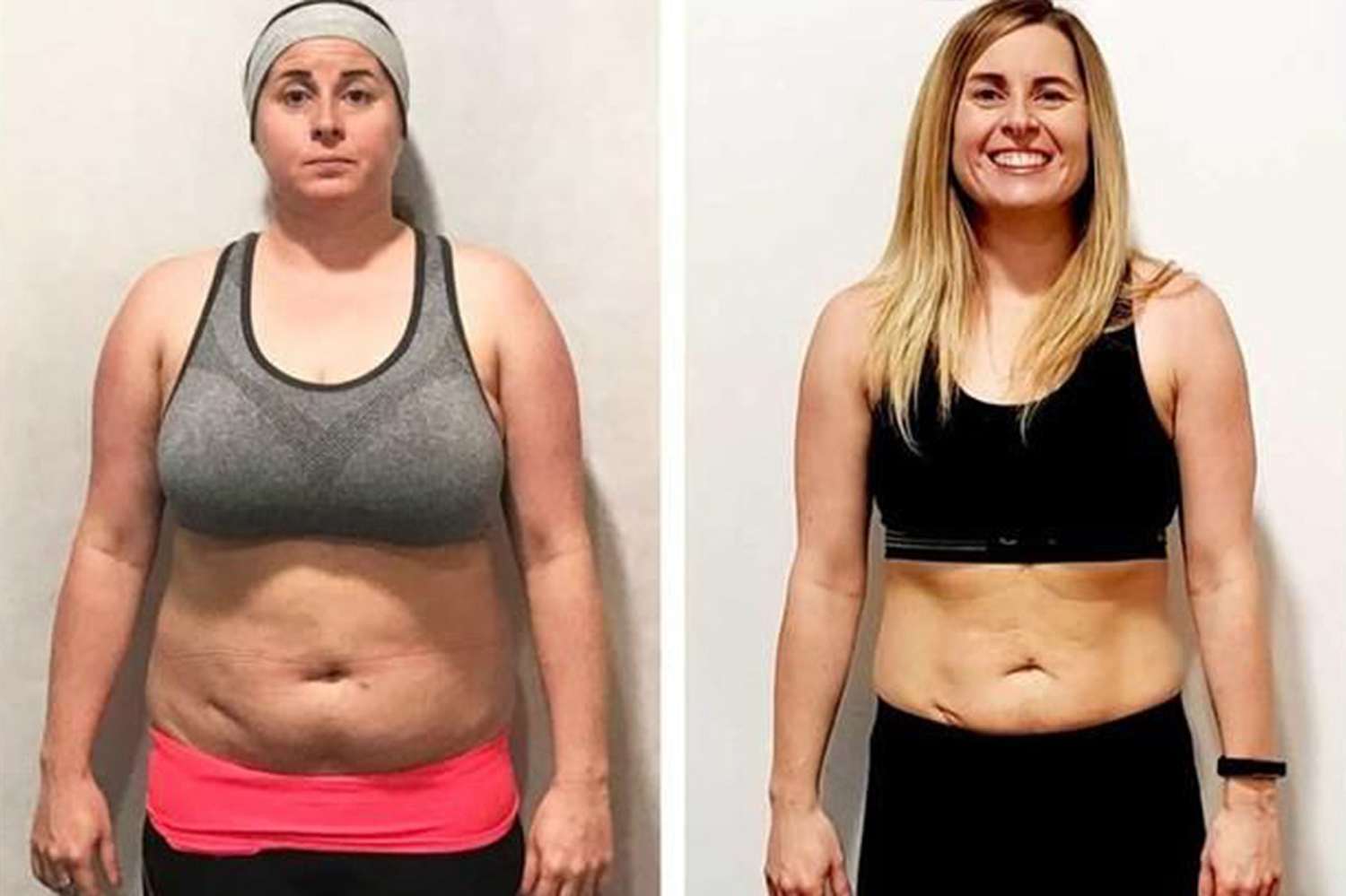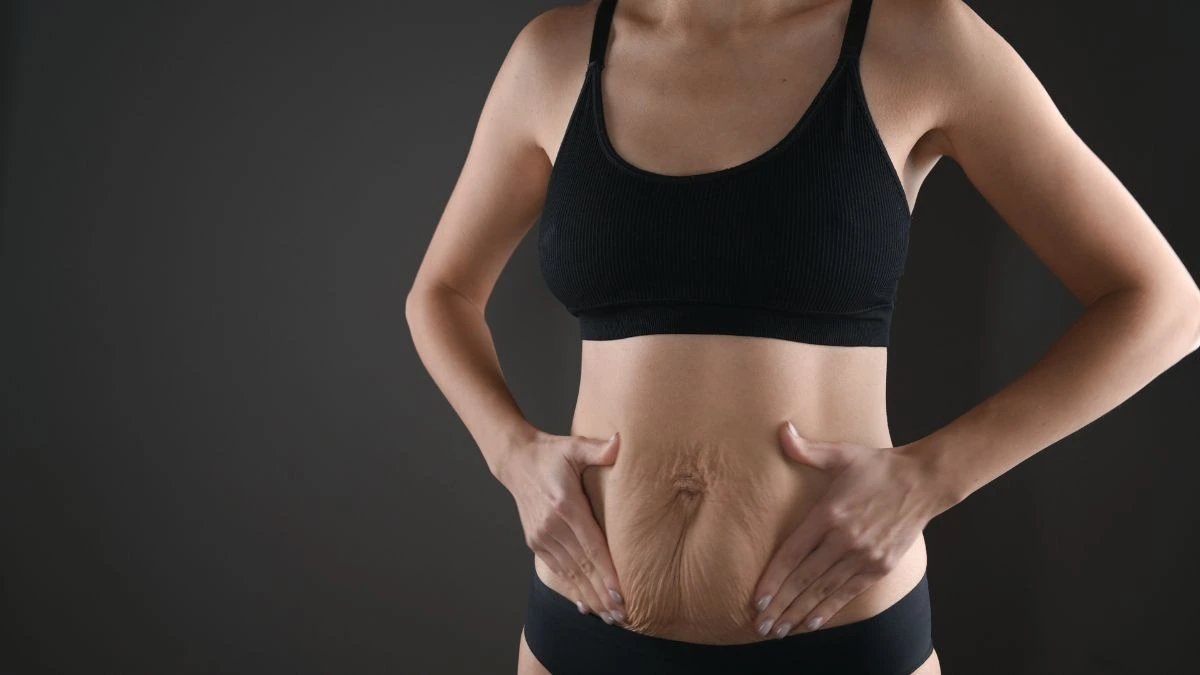Every female is always conscious about her beauty. Due to environmental and hormonal problems, they experience several types of skin problems. Acne is one of them, a common skin problem that many people experience at different stages of life. It can make you feel self-conscious, uncomfortable, and unhappy about your appearance. While many things can cause acne, what you eat plays a big role in how your skin looks and feels. This simple and natural 30-day acne-free diet plan: 30 days to clearer skin, is designed to support your journey to clearer, healthier skin through smart, nutritious eating. This blog aims to guide you on how you can nourish your skin from the inside out by focusing on real food, building good habits, and finding balance in your daily routine. So keep reading and stay connected with us, as your beauty maintenance matters to us. Let’s discuss first what acne is.
What is acne?
Acne happens when tiny openings on your skin, called pores, become clogged with oil and dead skin cells. This can lead to the formation of blackheads, whiteheads, or painful pimples. Acne can happen to anyone, though it is especially common during the teenage years due to hormone changes.
Why does acne happen?
Here are certain factors that can lead to acne formation. Let’s delve into
1. Hormones
Hormonal changes, like those during puberty, menstruation, or pregnancy, can lead to extra oil production, which can cause acne.
2. Food
Diets high in sugar, processed food, or greasy meals may make acne worse.
3. Stress
High stress levels can lead to hormonal imbalances, causing your skin to produce more oil.
4. Family
If your parents had acne problems, there’s a good chance you might deal with this issue too.
5. Skin care
If you don’t wash your face properly or use harsh skincare products (that are not suitable for your skin type), it can lead to irritating your skin and causing breakouts.
Common signs of acne
Let’s explore the common signs of acne, so keep reading
- Blackheads: Small dark spots on the skin caused by clogged pores.
- Whiteheads: White bumps that stay just under the skin’s surface.
- Pimples: Red bumps that can be painful and may contain pus.
- Cysts: Deep, painful lumps under the skin that can lead to scars.
How food affects acne
The food you eat plays a big role in how your skin looks and feels. Some foods make your skin more oily or inflamed, which can lead to breakouts. Other foods help your skin stay clear and glowing. A healthy diet can reduce acne, improve your skin’s appearance, and boost your overall health. Eating a healthy diet supports your gut health, which is associated with clearer skin.
Before you start the diet
Here we are providing to some suggestion if you are going to follow diet plan for acne, let’s delve into
Always talk to your healthcare provider when designing a new diet plan. It will minimize the adverse outcomes.
- Drink plenty of water each day to help flush out toxins.
- Keep a skin and food journal to track your meals and how your skin reacts.
- Be patient and consistent. Clearer skin takes time and effort.
The 30-day acne free diet plan: 30 days clearer skin
This plan provides you with nutrient-rich, balanced meals that include vegetables, lean protein, fruits, whole grains, and healthy fats. These foods help provision your skin and your overall health. Let’s explore the diet plan
WEEK 1
Day 1
Breakfast: Start your first day of diet with Greek yogurt with the combination of chia seeds and berries
Lunch: Get energy with grilled chicken salad with lemon and olive oil in lunch
Dinner: Baked salmon with broccoli and quinoa
Snacks: Carrots with apples, hummus, and almond butter
Day 2
Breakfast: Spinach smoothie with almond milk and banana
Lunch: Quinoa bowl with black beans, corn, and veggies
Dinner: Turkey meatballs with the combination of zucchini noodles and tomato sauce
Snacks: Mixed nuts, celery sticks with guacamole
Day 3
Breakfast: Oatmeal with chopped fruits and walnuts
Lunch: Tuna salad with olive oil and greens
Dinner: Tofu and veggie stir-fry with brown rice
Snacks: Bell pepper slices, mixed berries
Day 4
Breakfast: Avocado toast on whole grain bread with fruit
Lunch: Enjoy lentil soup adding a slice of whole grain bread
Dinner: Grilled shrimp with sweet potato and green beans
Snacks: Cucumber slices, Greek yogurt with a drizzle of honey
Day 5
Breakfast: Smoothie bowl topped with granola, berries, and seeds
Lunch: Chicken wrap with lettuce, tomatoes, and cucumbers
Dinner: Baked cod with roasted Brussels sprouts
Snacks: Apple with peanut butter, cherry tomatoes
Day 6
Breakfast: Scrambled eggs with whole grain toast and spinach
Lunch: Chickpea salad with olive oil and lemon dressing
Dinner: In dinner enjoy the amazing flavor of mixed veggie stir-fry with brown rice and tofu
Snacks: Pumpkin seeds, orange slices, and sunflower
Day 7
Breakfast: Start your last of the weekly diet with overnight oats and elevate the nutrient content with adding chia seeds, berries, and almond milk
Lunch: Salmon salad with greens and avocado
Dinner: Turkey chili with beans and vegetables
Snacks: You can take carrots with hummus, apple with almond butter as a snack
Note: Repeat this meal plan with small changes and new ingredient combinations during Week 2, Week 3, and Week 4. Add more leafy greens, different berries, lean meats, legumes, and healthy fats like olive oil and avocados to keep it interesting and nutritious.
Good foods for clear skin
- Fresh fruits and vegetables like bananas, blueberries, spinach, and carrots
- Lean proteins, comprising fish, eggs, chicken, and tofu
- Probiotics from yogurt, kefir, and fermented foods like kimchi or sauerkraut
- Whole grains, for instance brown rice, quinoa, and oats
- Healthy fats from nuts, olive oil, avocado, and seeds
Foods to Avoid
These foods you should avoid, such as
- Sugary snacks, candy, and desserts
- Dairy products (especially cheese and milk for some individuals)
- White bread, white rice, and regular pasta
- Fried and overly oily fast food
- Sugary drinks like sweetened juices, energy drinks, and soda
Helpful tips
Please follow these suggestions to support your diet plan to get clearer skin.
- Eat slowly, chew your food properly, and enjoy each bite
- Avoid late-night snacking and heavy meals before bed
- Get at least 7 to 8 hours of quality sleep each night
- Wash your face gently twice a day using a mild cleanser
- Keep your hands off your face and avoid picking pimples
Supplements that may help
Here we are providing you with some suggestions to take supplements to boost your diet plan, so keep reading and stay connected with us.
Zinc: Can help reduce inflammation and acne severity
Omega-3 fatty acids: Found in fish oil, great for reducing redness
Probiotics: Help keep your gut healthy, which helps your skin
Note: It’s crucial to consult your healthcare provider before starting any supplement.
FAQs
Can food really help clear acne?
Yes, eating healthy can support clear skin, but it may also require good skincare habits and, in some cases, medical advice.
How long will it take to see results?
Most people notice some improvement within 2 to 4 weeks if they follow the plan closely.
Can I still eat sweets while on this diet?
Try to limit sugary treats, but having a small piece of dark chocolate or a fruit-based dessert once in a while is okay.
What if my skin doesn’t improve?
If you don’t see results after a month or two, it’s best to visit a doctor or dermatologist to explore other treatment options.
Conclusion
After following this 30 days acne free diet plan for clearer skin, you can get the best results of healthy and acne-free skin. Stay committed to eating clean, staying well-hydrated, and practicing daily self-care. Everyone’s skin is different, so keep paying attention to how yours reacts. With time and patience, you’ll discover what works best for you and your journey to clear, glowing skin.
